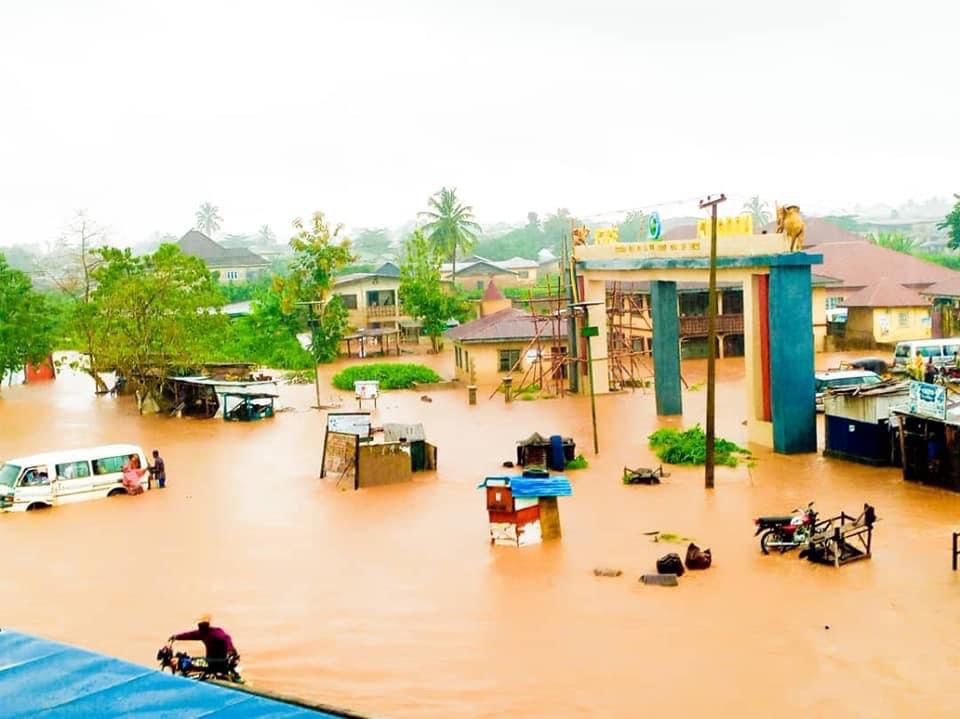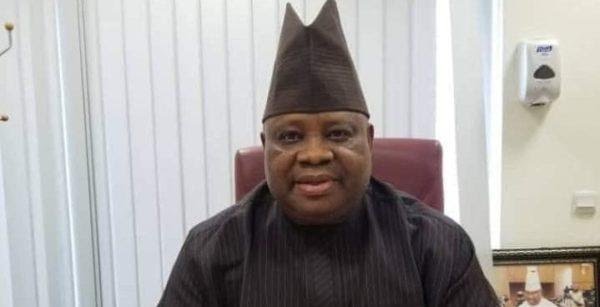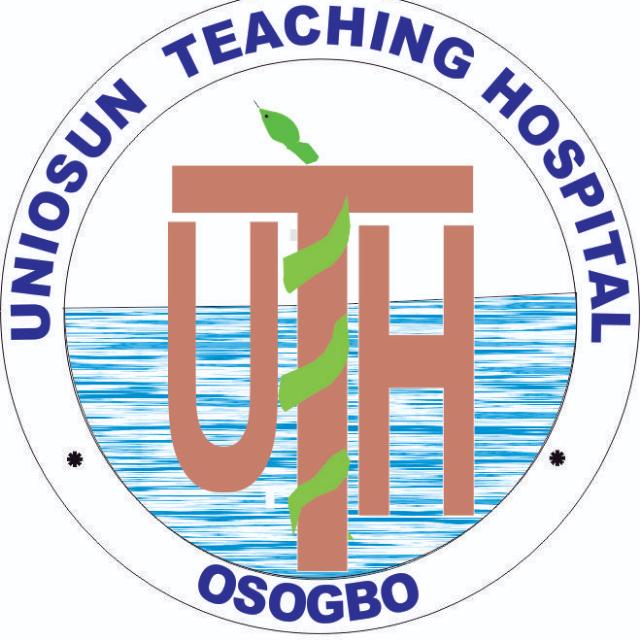Foresight And Creativity As Governance Tools In Defeating Covid-19


By Adebayo Ojo-Iyara
The ultimate challenge confronting humanity will be the cooling down of the sun as it be comes a red giant. With that, the sun being the singular sustainer of all life on earth, the end of humanity is sure; unless of course we do something about it ahead of the 5 billion years deadline. To feeble-minded men and women, 5 billion years look like forever and ever.
However, leaders of men, in nations that have leaders, are already working on various options today, as they are doing on the possibility of a giant asteroid hitting our earth, with catastrophic consequences, which scientists think is a likelihood in about a hundred years’ time, having recently had one that passed close by, million miles close, yet, dangerously close.
The most elementary of all challenges facing mankind, which should have been a done-deal everywhere since ages; are food, clothing and shelter. However, here we are in Africa and Nigeria especially, as we are, battling with these basics. We are all living witnesses to our historical conditions in the 21st Century, today, and I need not bother readers with the pathetic details and all the sordid whys.
Still, at these challenging and unprecedented COVID-19 pandemic times, the big vacuum of foresight and creativity in leadership, governance and policies in our land becomes extremely worrisome. If only for enlightened self-preservation interests, one would think most of our elites in decision-making positions should have done better.
The Yoruba has a proverb, “Igi ganganran ma gun mi loju, okere la ti n wo,” literally meaning you must see far ahead the path if you don’t want a protruding twig to smack your face. Foresight, simply put, is seeing ahead correctly, while creativity is doing something new, differently, positively. Vision and Innovation are a fundamental needful for effective and efficient decision-making and impactful actions in government.
Good leaders do not wait for things to happen before reacting. For meaningful progress and development in their society, leaders analyse realities minutely and comprehensively, anticipate emerging realities and innovatively plan ahead to get the better and best of it. This does not immune them and society from emergencies but those patently unforeseen or unforeseeable developments and force majeure will be few and far between: a credit to their deep vision, creative plans and anticipatory policies and actions.
On April 16, 2020, at the daily Presidential Task Force Briefing on COVID-19, Ogbeni Rauf Aregbesola spoke about the Tropics and how heat and humidity, especially considering the housing type of the majority of citizens make outdoor life compelling and protracted Total Lockdown difficult.
He then enunciated that since such lockdowns are presently inescapable, one component of the needful to make it successful in getting rid of the virus is mass production and enforced usage of the face masks nationwide in public places, complimentary to all the other guidelines and rules of hygiene; that, if done and rigorously enforced, the virus can be contained within 2 weeks of total lockdown thereby making way for easing the lockdown.
He even postulated on the economic benefits across several value chains of systematic mass production of 100 million quality face masks from local fabrics, which at N500 each approximately equals a N50 billion injection into business and productivity. Ogbeni Aregbesola was not the first to sensitise the global community on the potentials of containing the virus with informed and enforced, total face mask use in public places.
One of the most vocal advocates of this solution is Doctor Jonas Sharma of the Philippine Academy of Family Physicians. Once every citizen is sensitised or compelled to wear the mask once outside his house doorsteps and no one can spread the virus in public places, the spread is then limited to family and small communities where it can quickly be isolated and suppressed.
Note that the solution is not advocated as a standalone solution in disregards of all the other rules of hygiene and physical distancing. Despite that this idea was articulated since middle of April, it took most state governments and the Federal Government till May 4 to announce the compulsory usage of face masks in public places to coincide with the easing of the lockdown, rather than a precondition for it. We all know that during the preceding “total lockdown,” millions of people in the states of Lagos, Ogun, the FCT and others on “lockdown” continue to move around, essential and non-essential workers alike, even as distribution of so-called palliatives in rowdy conditions abound; such that public spaces are littered with millions of people in close contacts without face-mask usage. That was when the most community spread of the virus took place without a doubt.
The Yoruba have another proverb: “Ogbon Ologbon ni ki je ka pe agba ni were,” literally meaning “it is the aggregate of other people’s wisdom that saves the elder from being adjudged insane.” A leader worth his onions does not always need to lean exclusively on his personal knowledge-resources to make wise, timely decisions. Intelligent, resourceful and innovative thinkers abound in Nigeria, much else on the global online platforms available at the tip of our fingers these days.
Why leaders in decision-making positions in Nigeria fail to tap into these resources for making smart, timely decisions, especially when saving lives and fortunes is at stake baffles the mind. It is not the first time Ogbeni Aregbesola is identified with making visionary policies far ahead of time to avert human sufferings. It is on record that Ogbeni Rauf Adesoji Aregbesola, Minister of Interior of Federal Republic of Nigeria, then as Governor, State of Osun exhibited similar foresight in leadership and efficient management in anticipating and nipping in the bud the threat to peaceful coexistence posed by age-old and increasing tension between herdsmen and farmers, long before it became a national calamity that wasted several billions of naira in resources and untold thousands of human lives.
In June 2014, he set up a Special Committee on Peaceful Coexistence tagged “COMMITTEE FOR PEACEFUL COEXISTENCE BETWEEN FULANI/BORORO AND CROP FARMERS IN THE STATE OF OSUN” under the Chairmanship of Honourable Mudasiru Oguntola Toogun, having appointed the Seriki Fulani for Osun State, Alhaji Oluwatoyin Sule Muhammed as Personal Assistant to the Governor on Peaceful Coexistence Between Fulani/Bororo And Crops Farmers in the State. The result of the bold step taken by Ogbeni Aregbesola was recognized and popularized through the Publication of a Research Conducted by JOHN’S HOPKINS UNIVERSITY, MARYLAND, UNITED STATES OF AMERICA (USA) on NIGERIA SOCIAL VIOLENCE DATABASE (NSVD) in relation to death from HERDSMEN AND FARMERS CONFLICT (2016).
The report showed that Osun is one of the few States with no ‘DEATH’ at all in the country during the year under review. Whatever happened later was after his exit as a governor for reasons that are open. The award-winning “Opon Imo” (Tablets of Knowledge), launched in 2013 is another such exercises in foresight and innovation. The portable touch-screen, Android-powered e-learning device, first of its kind in Nigeria and unique globally, contains all the books in every subject needed by Senior Secondary School Students.
It has written and audiovisual teaching/instructions by teachers in all those subjects and WAEC and UTME past questions and answers from inception till date. With 900 minutes of virtual classroom lessons, it has self-learning tools and exercise platforms as well as other materials on civic and general knowledge. You don’t have to be online to access its contents and it can be solar-charged when there is no electricity supply.
The import of the deployment of this powerful learning tool is already manifesting in the performance of Osun students in the last 6 years as they produce award- and scholarship-winning feats; as some of the best secondary school graduating students in WAEC/UTME results. How good, pleasant and effective it will be if all terminal Senior Secondary School Students in Nigeria today had these tools in the era of COVID-19? The Online alternatives being touted in a country with woeful power supplies and network services even if parents can afford data charges are simply turning out as exercises in futility.
Clearly, good intention and a given quantum of strong commitments to the general good is a precondition for exercises in foresight and innovation in governance. As patently seen, it is not a lack of access to wisdom, even by those in government, who don’t have it but who need it for a good and timely decision that is the issue. It is said that the difference in today’s world is not between one ideology or the other; but simply a difference between those who care and those who don’t!
Our tragedy at home here appears to be a preponderance of careless elites who intensely seek and muzzle their ways into public offices for private reasons. Now, we are at a time of creativity in search for long-term solutions for remedy and vaccines for COVID-19 in order for the world to go back to normal. So many Nigerian and African options are being passionately mentioned but with little or no sincere response or care from our key decision makers.
Equally, life after COVID-19, in terms of the structure of our mass housing for the populace is key, along with the structure of the informal, daily earnings production engagement. There is no telling that emergencies with the like of impact of COVID-19 will not recur in the foreseeable future. This is innovative thinking and action time for governments.
There is a leaf to borrow from the ideas, thinking and policies of several men and women of good intents, deep thoughts and deeds in Nigeria, one proven example of which is still a serving minister of the Federal Republic and a member of the Presidential Task Force on COVID-19. There is no need, in private life but much more in governance, to be taking one step forward and ten leaps backwards in this age of knowledge.
Our elites must find a way in which the pursuit of their private pleasure and prosperity does not conflict with commitment to the basic good of the majority. No time teaches that need and lesson better than this COVID-19 time, when commonality and solidarity is key to the survival of one and all without any immunity. Let us hope it is a lesson they sincerely take away into the Post-COVID-19 Era.
In the meantime, there is still plenty of room for foresight and innovation in timely and smart decision and policy making before we can say it is over; even as the easing of lockdown now proves a tougher challenge to survival, for the discerning, more than total lockdown.










